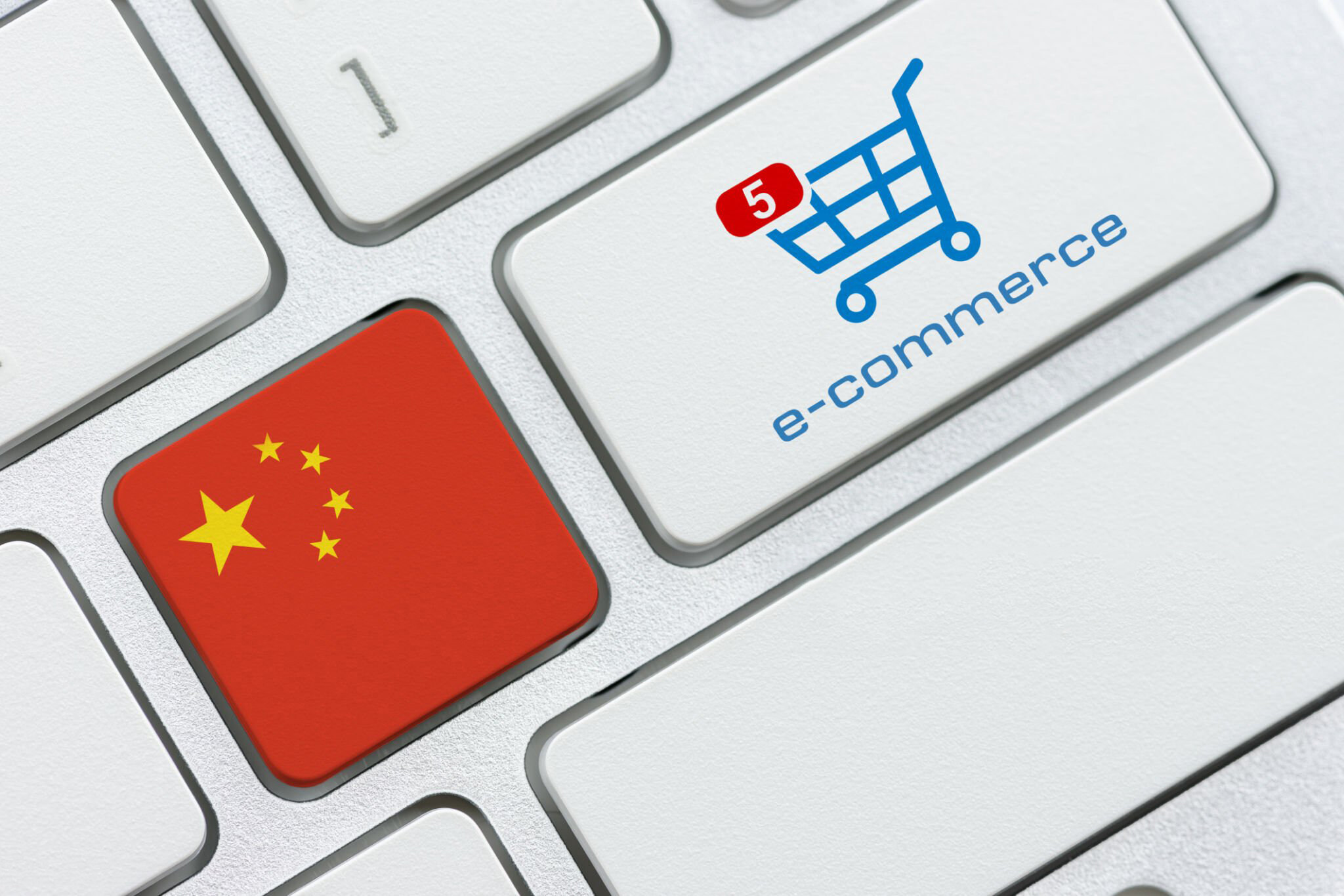Selecting the right private label manufacturers in China is as crucial as choosing the right private label product. Focusing on the appropriate avenues and adopting informed strategies can enhance your response rates. While the learning curve is steep, avoiding common pitfalls sets you on the path to private labeling success.
Making Your Business Stand Out
In the competitive world of e-commerce, business owners strive to differentiate themselves. A strategic approach involves using private labeling to distinguish products in the online marketplace. This distinctiveness fosters brand recognition and can lead to higher profitability.
Finding the Right Private Label Manufacturer
Identifying the right private label manufacturer is a critical step in bringing your business concept to life. Effective oversight of the manufacturing process is equally essential. Essentially, a private-label item is one produced and furnished by a supplier but presented under another company’s branding.
In this business model, the business owner creates their unique brand, overseeing facets like design, logo, raw materials, and manufacturing processes. The foundation of a thriving private labeling enterprise hinges on securing the ideal private label manufacturer. This article delves into the meticulous process of ensuring that you engage the right Chinese supplier for your private labeling needs.

Finding Reputable Manufacturers
1. Local Trade Shows
Trade shows serve as invaluable avenues for connecting with manufacturers. Featuring a diverse array of exhibitors showcasing specialized products from various regions, these events provide the opportunity for face-to-face interactions. Examining products, building relationships, and establishing rapport with potential manufacturers are facilitated at trade shows.
2. Leveraging the Internet
The internet is a treasure trove of information for locating manufacturers. However, to avoid scams, it’s advisable to seek out trusted platforms when seeking new business partners. Our recommendation is as follows:
- Alibaba: An extensive B2B wholesale platform with an expansive supplier directory, boasting nearly 8.5 million active sellers. This platform offers a vast array of options, making it a reliable resource. When utilizing Alibaba, exercise vigilance to guard against potential scammers.
For more focused searches, identify category-specific platforms aligned with your product. For instance, if electronics are your focus, AliExpress is a suitable choice.
3. Sourcing Company
OpenTopCart provides the best private label services for businesses so that they can focus on other important tasks. They offer specialized private label solutions.

Identifying the Right Manufacturer
1. Scrutinize Basic Background Information
Irrespective of where you gather initial contact details, delving into a manufacturer’s background is essential. Determine their identity—whether they are a factory, intermediary, or agent. The following inquiries are key to grasping their business scope:
- Is the manufacturer a legitimate entity?
- What product category does the manufacturer specialize in?
- What is the extent of the manufacturer’s business operations?
2. Pose Targeted Manufacturing Queries
After establishing initial contact, delving deeper into a manufacturer’s specifics is crucial. Engaging in direct communication and posing relevant questions tailored to your business can yield valuable insights. The following inquiries offer a useful framework:
- Can you provide examples of past collaborations?
- Would you be willing to share your business license and quality certificates?
- What are your minimum order quantity (MOQ), sample lead time, and payment terms?
3. Overseeing Manufacturing and Securing Samples
Upon selecting a manufacturing partner, ensure your contract stipulates your manufacturing process requirements. Obtaining at least one sample for each item before proceeding with batch production is imperative. Consider:
- Specific raw material requirements
- Color specifications
- Necessary manufacturing processes
- Brand logo inclusion on the sample
4. Real-Time Updates on Manufacturing Progress
Maintaining visibility into the manufacturing process and adhering to production timelines is essential. Regular updates from your manufacturer can help ensure smooth operations. Familiarity with your assembly line aids in effective scheduling. Post-production inspection ensures the quality of the final products.
5. Stringent Pre-Shipping Assessment
To uphold the quality of your private label items, meticulous pre-shipping checks are vital. Comprehensive quality and packaging inspections, along with private label adherence, are paramount. A thorough assessment before delivery safeguards your products’ integrity.

Steering Clear of Pitfalls
Safeguarding Intellectual Property Rights (IPR)
While entrusting a private label manufacturer, safeguarding intellectual property rights remains critical. Even when authorizing another entity to produce your product, retaining IPR is essential. Documenting these terms contractually is advisable to secure your rights should IPR issues arise.
Adhering to Product Compliance Standards
Awareness of necessary product certifications for items you sell is imperative. Regulatory standards set by agencies like the FDA and IEC must be met. Ensuring compliance prevents potential repercussions. Inquiring about available product testing reports from manufacturers aids in verifying adherence to standards.
Further, consider whether your chosen private label manufacturers export to your intended market. Assess potential imposition of anti-dumping taxes at your destination. Comprehensive knowledge and adherence to requirements are vital.
Final Thoughts
It is also a good idea to visit the manufacturer’s factory to see their operations firsthand. This will give you a good sense of their capabilities and quality control practices.
Selecting the right private label manufacturers in China is as pivotal as choosing the right private label product. Focusing on the right avenues and adopting informed strategies can elevate your response rates. While the learning curve is steep, endeavoring to evade common pitfalls sets you on a path to private labeling success.

Leave a Reply